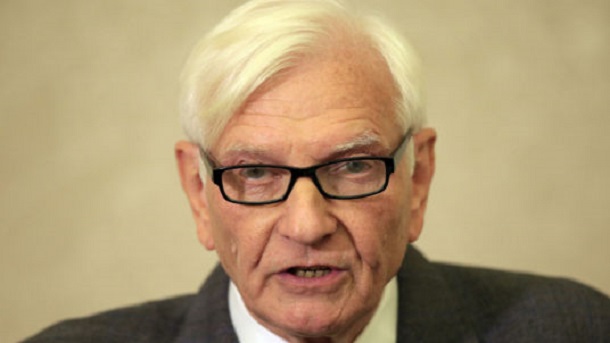PFEW survey shows rise in ‘broken’ officers leaving the service
A rising number of officers are leaving the service early after being left “broken” by growing workloads and the increasing physical and mental demands of the job, alongside frustration with low pay and poor job satisfaction.
Nearly one in five of the officers responding to the latest leavers’ survey conducted by the Police Federation of England and Wales (PFEW) said they were leaving of their own accord and had not yet reached pension age.
Among those respondents who were resigning, 77 per cent said morale had a major effect on their decision to leave, 59 per cent cited the impact of the job on their psychological health while 41 per cent said they had been strongly influenced by the availability of better paid jobs outside of policing.
Four out of ten officers who were resigning said they would reconsider their decision if improvements were made in welfare and the work/life balance of the job.
PFEW national chair John Apter told Police Professional the fact that the number of officers leaving early in service was on the rise should be a “red flag” to the Home Office.
“Police officers don’t expect a lot. They want to be paid fairly for what they do and be as safe as possible in what is a dangerous job. That’s about the equipment, the training and the courts, but it’s also about workloads. We’re not managing the demand, we are putting so much pressure on people that it is breaking them,” he said.
“Officers who are resigning have made it clear that if we made things better, they would stay, and that’s a concern.
“I’ve always said that retention is just as important as recruitment and you retain people by paying them fairly, treating them well and managing their workloads. But that’s not happening at all.”
While many officers said mental health was a major factor in a decision to leave, more than one third of officers cited concerns over their physical health.
“It’s about assaults, of course, but it’s also about shift work. It’s about excessive overtime. It’s about having your rest days cancelled so you are literally burning out,” said Mr Apter.
“There was a story recently about how much overtime have been spent on policing but when I speak to officers, there is a real sense they don’t want to work the overtime they once did because they are exhausted. They want to spend time with their families, they want to decompress. But because of the demands that are being placed on them they are in effect being forced to do overtime.”
For many officers, recent events and uncertainty over pensions have exacerbated the feeling of not being valued by the public or the Government, accelerating the numbers opting to quit.
“The pay freeze was very detrimental to morale and the lack of vaccine prioritisation made people feel that they are not valued, despite what was expected of them during the pandemic. What people are telling me now is the nice words from the Prime Minister and others mean absolutely nothing,” said Mr Apter.
He said recent changes in disclosure rules had also had a major impact on workloads, significantly lengthening the time taken to deal with even the most simple cases. Although the uplift is expected to reduce demand on the workforce, it will be several years before this is felt.
“Right now we’re expecting far too much of our colleagues, cracking the whip constantly, and there is very little support in place. Then there’s the ever-increasing level of bureaucracy that comes with policing now. Many chief constables, home secretaries and prime ministers have promised to cut bureaucracy in policing but it’s worse than ever. And that comes at a cost,” warned Mr Apter.
“I get more than frustrated because I’ve been raising his now for three years, ever since I’ve been in post, and all I get are promises that things are going to improve. But they’re not improving. And this is affecting the morale of my colleagues.
“More and more is being expected of policing and it’s just not sustainable. We’ve reached the tipping point where people cannot cope and are leaving policing. They are leaving jobs that they love because they can’t cope physically, financially or mentally.
“That should be raising red flags at the Home Office and they should want to do something about it. We’ve provided the evidence – it’s now for the leaders within policing and the Government to actually do something about it.”







